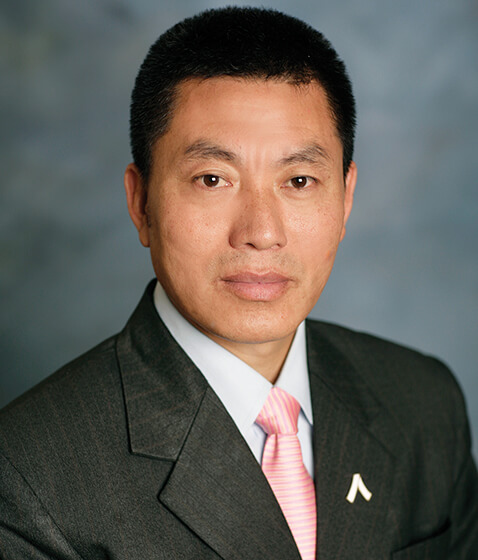
PEMA NEEDUP
Senior Fellow – Bhutan
Pema Needup has been the Director General of the Bhutan National Legal Institute (Training and Research Branch of the Judiciary of Bhutan) since December 2020. Before his current position, he served as the Presiding Judge at the Punakha District Court from 2014 to 2020. Before that, he served as the Presiding Judge at the Wamrong Drungkhag (Sub-District) Court, the Pemagatshel District Court, and the Trashigang District Court.
About Pema Needup
Pema Needup has been the Director General of the Bhutan National Legal Institute (Training and Research Branch of the Judiciary of Bhutan) since December 2020. Before his current position, he served as the Presiding Judge at the Punakha District Court from 2014 to 2020. Before that, he served as the Presiding Judge at the Wamrong Drungkhag (Sub-District) Court, the Pemagatshel District Court, and the Trashigang District Court. He has over twenty-seven years of experience as a judicial officer.
Judge Needup is committed to developing the practice of mediation in Bhutan and has played a vital role in promoting and establishing court-referred mediation since 2010.
He is an experienced mediation trainer and educator and has trained over 500 community leaders on mediation skills in his private and official capacity since 2012. Judge Needup is dedicated to educating the public about the importance of their rights and responsibilities relating to the use of the mediation process in the community. He further educates students and youth on youth-related problems, values, and laws, including penal provisions. From 2021-2022, he was an adjunct lecturer at the Royal Institute of Management in Thimphu.
Litigation Practice
Judge Needup has extensive experience adjudicating various cases, including criminal, civil, family, probate, commercial, property, insurance claims, inheritance, administrative, labor, monetary, small claims, and environmental cases.
Mediation Practice
While on the bench, Judge Needup does not directly mediate cases but can influence and encourage litigants to opt for mediation. During the preliminary hearing, a presiding judge is mandated by the court procedures to allow parties to mutually settle their case through mediation at any time before the judgments are delivered.

